The FBI is fatally corrupt. The justice system is totally broken.
But the Durham report is also deeply flawed. There are no convictions or referrals of major Russiagate plotters and players.
Democrats will be able to rebut Durham’s report simply by saying, “If Durham’s findings were so damning, why was no one convicted?”
And why were so many major figures such as former FBI Director James Comey, former FBI agent Peter Strzok, and Fusion GPS co-founder Glenn Simpson not compelled to sit for interviews?
There’s a sense of vindication—everything we had long thought of as fact has now been verified or proven. But the hard reality is that there’s very little in the way of new information in the report.
There’s something of even greater importance noticeably missing from Durham’s report: any criminal referrals or pending indictments of those who were involved in the Russia collusion hoax. There’s no accountability. And without that, there will be no change.
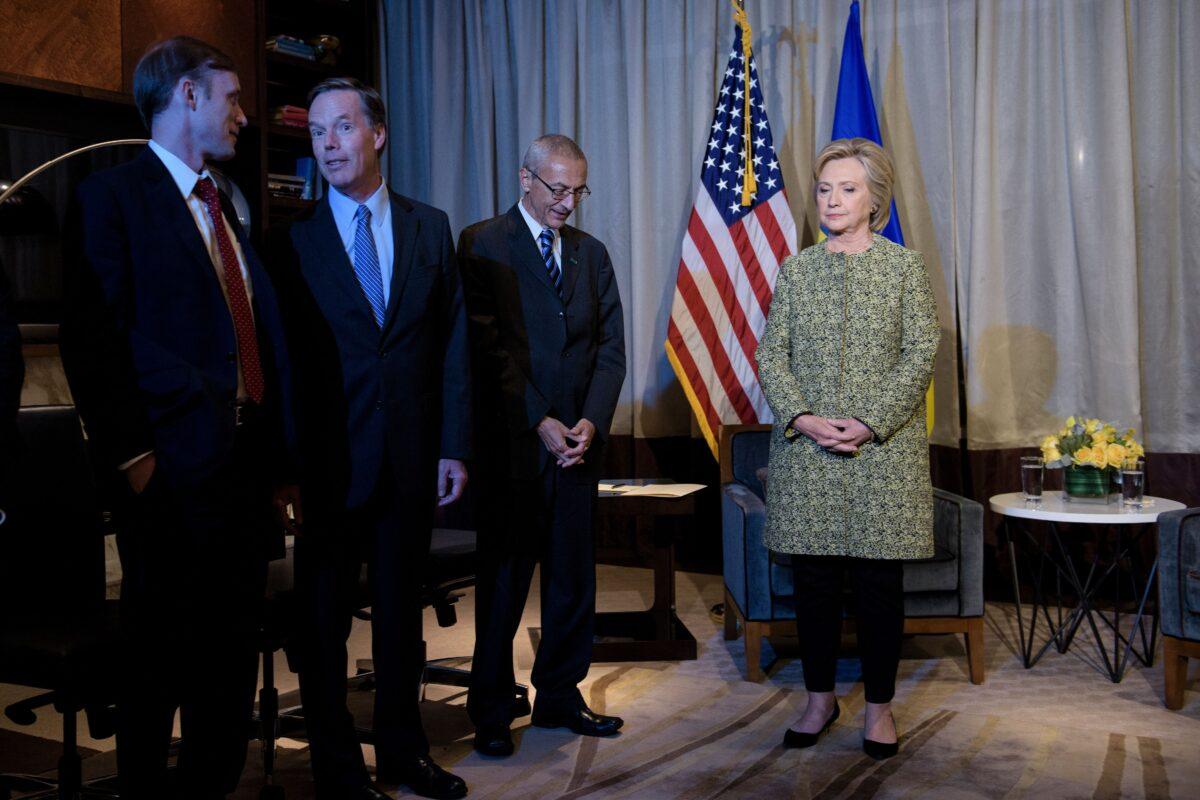
But we expected that to be the case.
However, a deeply disappointing feature of Durham’s report is that it appears to be far too narrowly focused. The report zeroes in on the many faults of the FBI, including the lack of predication behind the opening of the Crossfire Hurricane investigation and the FISA warrant to surveil Trump adviser Carter Page.
Durham also covers the Alfa Bank allegations—which he already covered in detail in his Sussmann indictment—along with the actions of Christopher Steele and his primary subsource, Igor Danchenko.
There’s also no effort to address the National Security Agency’s collection of data and the unmasking of members within the Trump campaign that were highlighted by then-Rep. Devin Nunes (R-Calif.) in early 2017. While we know that some of the actions taken by the FBI and other three-letter agencies required high-level decision-making, Durham not only failed to address the actions of these high-level individuals, but he didn’t even identify them.
Durham didn’t even address the supposed hack of the Democratic National Committee servers. This lack of information is made all the more frustrating by the fact that Durham’s team conducted “more than 480 interviews” and reviewed “more than six million pages of documents.” It seems clear that a big part of the story remains untold.
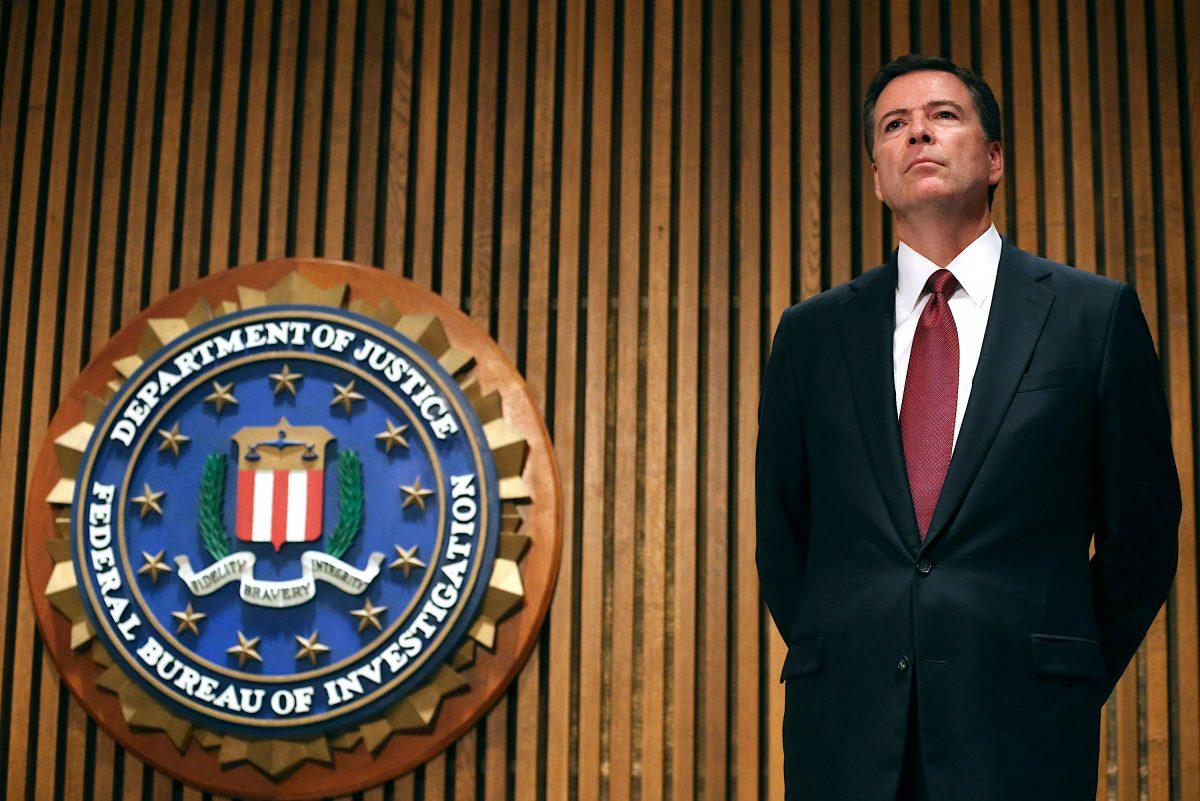
Importantly, there’s a complete failure on the part of Durham to provide any measure of accountability. There are virtually no criminal referrals contained in Durham’s report, nor are there any material recommendations for criminal investigations of these individuals.
Once again, there’s no accountability for those who are truly guilty—and those who are truly privileged.
Durham submitted his report to the DOJ and Attorney General Merrick Garland on May 12. The report was released publicly on May 15. How is that possible?
The answer may lie in a section of his letter that notes that “thorough, coordinated reviews of the information contained therein” were made “by the appropriate authorities within the Federal Bureau of Investigation, the Central Intelligence Agency, and the National Security Agency.” In other words, Durham appeared to coordinate his work on the report with those agencies. The report had already been formally vetted before he ever delivered it to Garland.
One thing that immediately stands out in Durham’s report is that the FBI knew almost from the outset that the Crossfire Hurricane investigation had been opened on virtually no evidence.
He found that the “FBI discounted or willfully ignored material information that did not support their budding narrative of a collusive relationship between Trump and Russia.” Durham also noted that Crossfire Hurricane “was opened as a full investigation without the FBI ever having spoken to the persons who provided that information.”
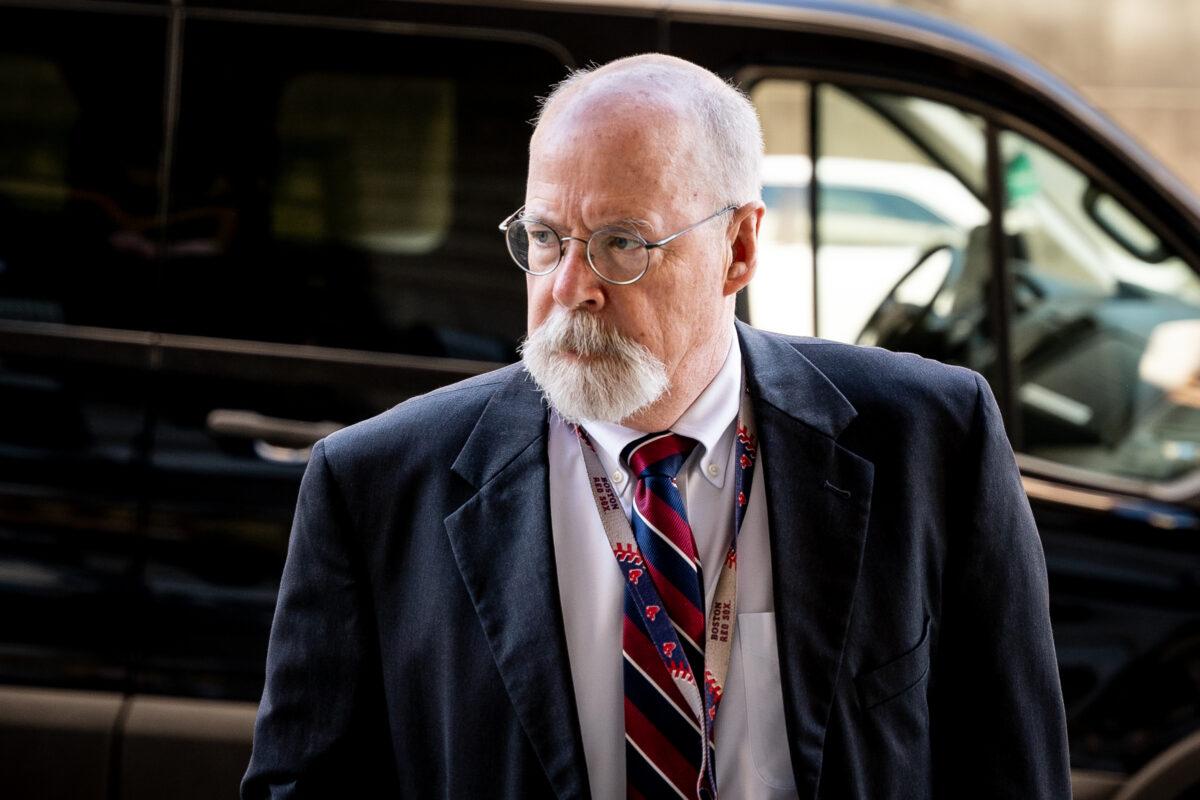
Furthermore, Durham noted that the FBI did so without any significant review of its own intelligence databases, without the collection and examination of any relevant intelligence from other U.S. intelligence entities, without interviews of witnesses that were essential to understanding the raw information the FBI had received, and without the use of any of the standard analytical tools usually used by the FBI to evaluate raw intelligence.
“At the time of the opening of Crossfire Hurricane,“ he wrote, ”the FBI did not possess any intelligence showing that anyone associated with the Trump campaign was in contact with Russian intelligence officers at any point during the campaign.”
Durham pointed out that if the FBI had done even the most rudimentary of standardized work, the agency would have learned that its own “experienced Russia analysts had no information about Trump being involved with Russian leadership officials nor were others in sensitive positions at the CIA, the NSA, and the Department of State aware of such evidence concerning candidate Trump.”
To make matters even worse, records prepared by the FBI’s Strzok in February 2017 and March 2017 show that at the time of the opening of Crossfire Hurricane, the FBI had no information indicating that anyone in the Trump campaign had been in contact with any Russian intelligence officials.
But it’s even worse than that. Keep in mind that by July 26, 2016, our intelligence agencies had obtained insight into Russian intelligence analysis alleging that Clinton had approved a campaign plan to vilify Trump by tying him to Russian President Vladimir Putin and the Russians’ hacking of the DNC servers.
CIA Director John Brennan subsequently briefed Obama and other senior national security officials on July 28, 2016, regarding the intelligence, known in Durham’s reports as the “Clinton plan intelligence.” Brennan briefed Comey the following day. Brennan and other agency officials then took steps to ensure that dissemination of the Clinton plan intelligence would be limited in order to “protect sensitive information and prevent leaks.” This information should have ended the FBI’s Crossfire Hurricane investigation before it even began, just days later, on July 31, 2016.
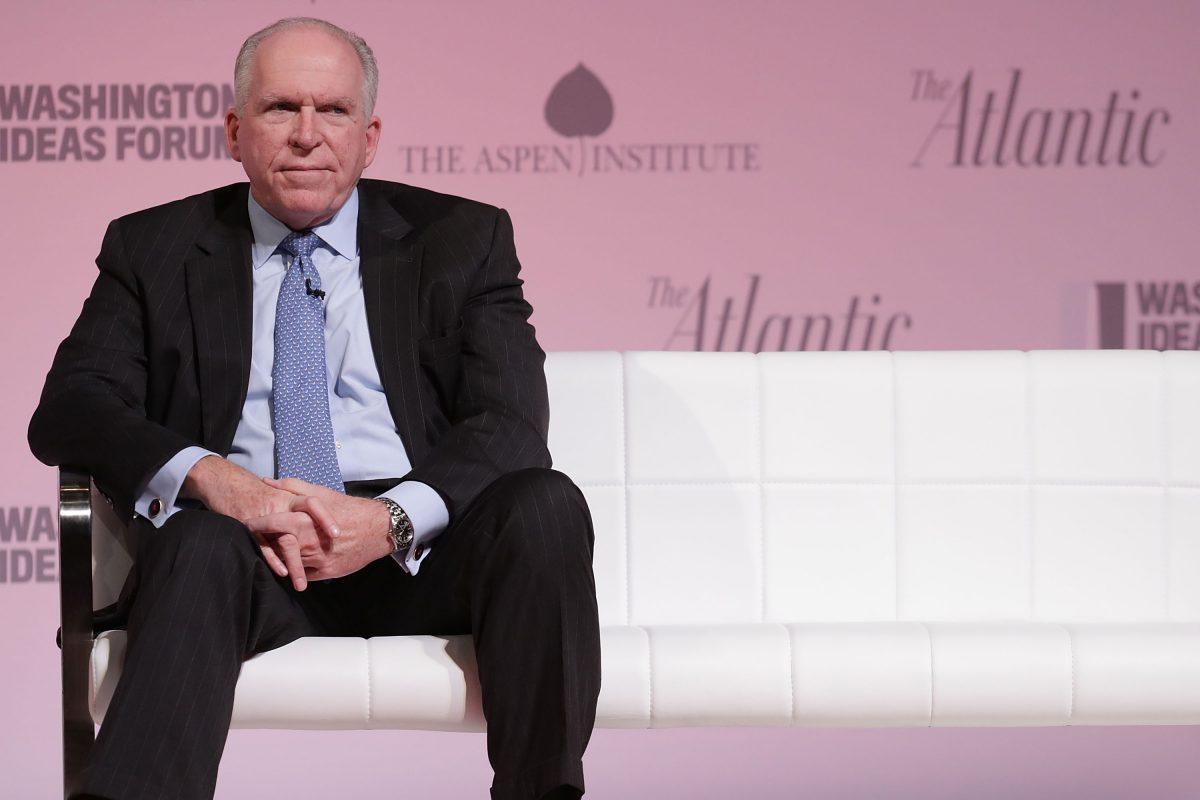
Instead, Brennan acknowledged to Durham that an interagency “fusion cell,” a team ostensibly created to synthesize and analyze pertinent intelligence on Russian malign influence activities related to the presidential election, was put in motion after his meeting with Obama on July 28. Durham said some CIA personnel believed that the Clinton plan intelligence led to the decision to set up the fusion cell.
In other words, Brennan and Obama were working to protect Clinton—and they were doing so at the expense of Trump.
But Brennan’s work didn’t end there. On Aug. 3, 2016, Brennan met with Obama, then-Vice President Biden, and other senior administration officials, including Comey and then-Attorney General Loretta Lynch. At that meeting, Brennan briefed the entire group on the Clinton plan.
Despite these briefings on the Clinton plan intelligence—including at least two briefings to Obama—Durham noted that when interviewed, Brennan “generally recalled reviewing the materials” but said he did not recall focusing specifically on its assertions regarding the Clinton campaign’s purported plan, despite having briefed Obama and written notes of the Clinton intelligence.
Brennan recalled instead focusing on Russia’s role in hacking the DNC.
It was an entirely politicized attack on a Washington outsider by members of the Intelligence Community who had aligned themselves politically with the Clinton campaign. That alignment was further highlighted by the FBI’s treatment of the Clinton campaign, which differed dramatically from the manner in which it treated Trump.
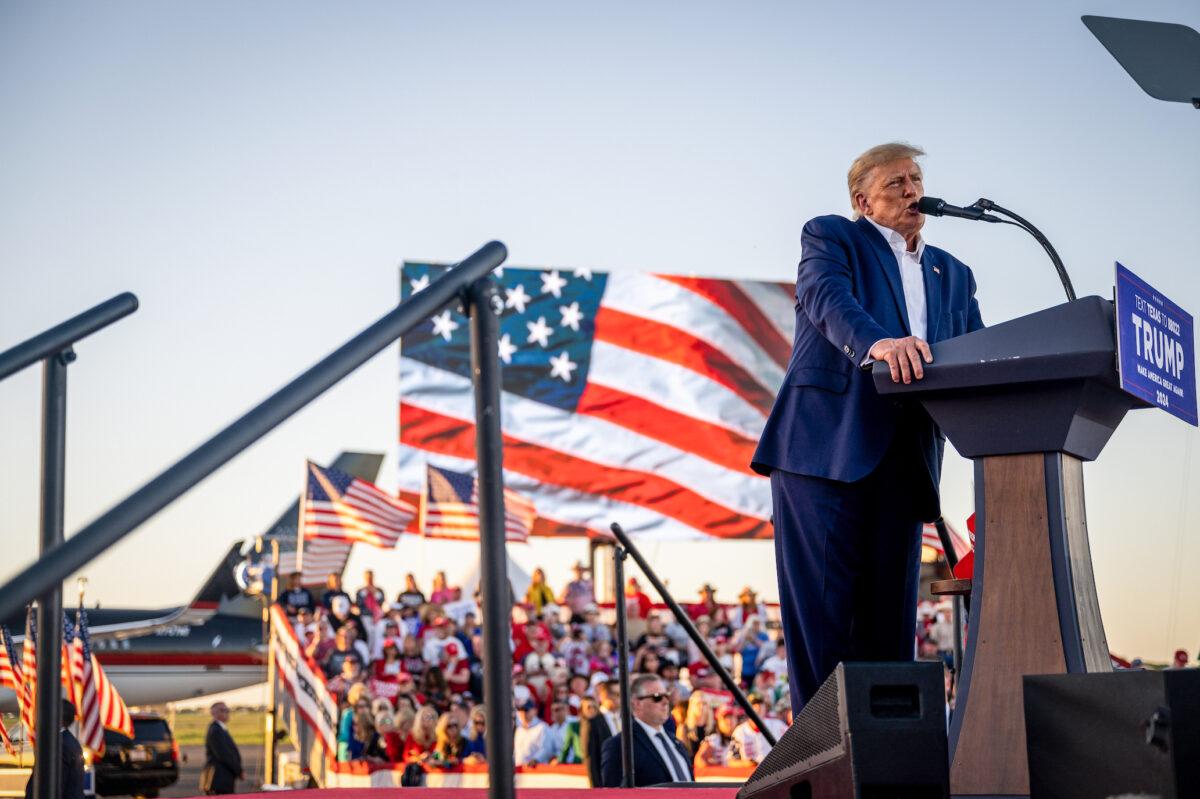
The FBI was faced with a number of proposed investigations of the Clinton campaign that had the potential to affect the election. As Durham noted in each of those instances, in contrast to the agency’s approach in its investigation of Trump, the FBI moved with considerable caution in any investigation even remotely related to the Clinton campaign.
In one instance, FBI headquarters required that defensive briefings be provided to Clinton and other officials who appeared to be targets of foreign interference. In other words, the FBI warned the Clinton campaign, rather than opening an investigation of the campaign as it did with Trump.
In another instance, the FBI elected to end an investigation after one of its longtime and valued confidential human sources took actions that went beyond what was authorized, making an improper and possibly illegal financial contribution to the Clinton campaign on behalf of a foreign entity—and as a precursor to a much larger donation being contemplated.
Despite all the noise surrounding Trump’s supposed connection to Russia, it was the Clinton campaign that was facing foreign influence efforts by a foreign government. Durham’s report notes that a confidential human source (CHS) provided information to the FBI about election influence efforts that were targeting the Clinton campaign in November 2015.
Durham noted that a foreign government insider who was known to the FBI to have foreign intelligence and criminal connections had solicited the FBI’s CHS to set up a meeting with Clinton to propose what the CHS understood to be campaign contributions on behalf of the unnamed foreign government—in exchange for the protection of that government’s interests should Clinton become president.
Although it doesn’t appear that a meeting with the foreign government insider actually took place, the CHS made a $2,700 campaign contribution to the Clinton campaign on the insider’s behalf.
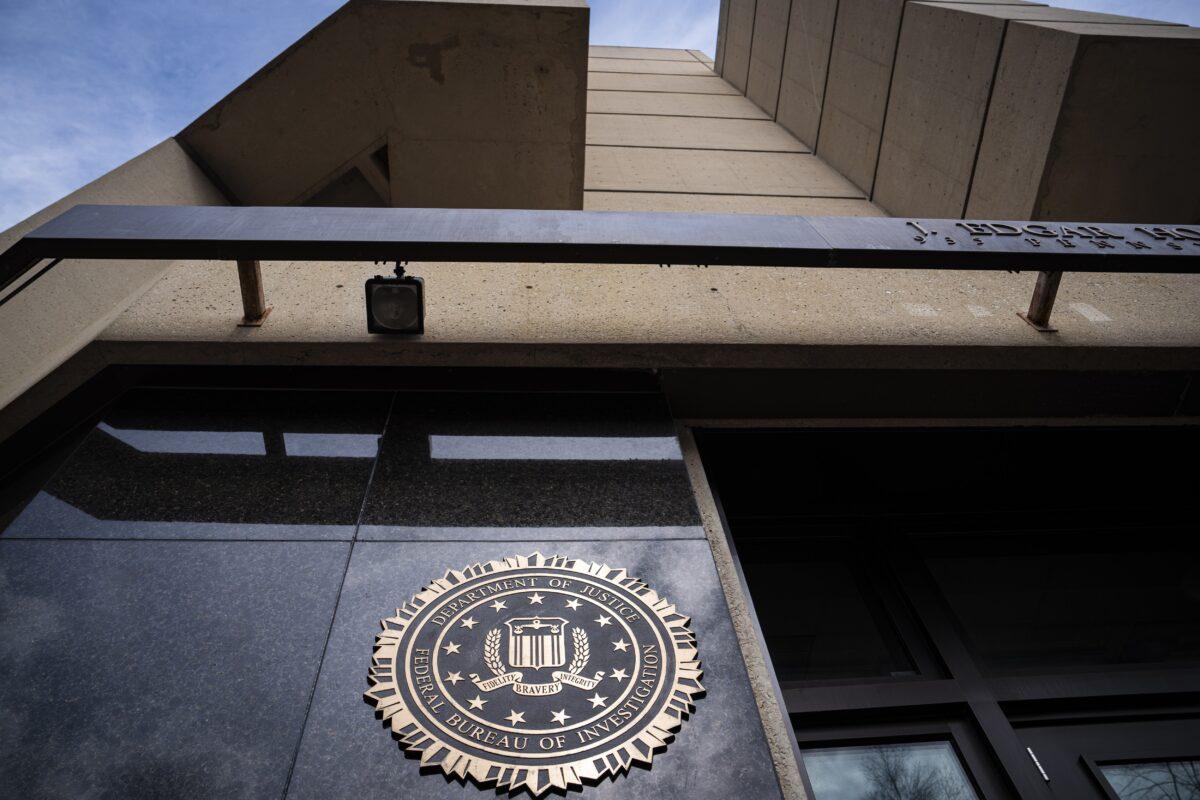
Moreover, the CHS told the FBI and Durham that the Clinton campaign was “okay with it” and that “they were fully aware from the start” of the contributions being made.
But despite that admission to the FBI—along with the offer of a credit card receipt—the handling agent refused to document the information in the case file, going so far as to tell the CHS to “stay away from all events relating to the Clinton Campaign,” thereby removing the FBI’s sole insight into the election influence efforts of the foreign government in the process.
Also, unlike what was seen in the FBI’s rapid and aggressive opening of Crossfire Hurricane, the FBI appears to have made no effort to investigate the illegal contribution to Clinton’s campaign.
But that’s not all. Beginning in January 2016, FBI field offices in New York, Washington, and Little Rock, Arkansas, each opened an investigation into possible criminal activity involving the Clinton Foundation.
Two of these investigations were opened “based on source reporting that identified foreign governments that had made, or offered to make, contributions to the foundation in exchange for favorable or preferential treatment from Clinton.”
On Feb. 1, 2016, a meeting was held to discuss the investigations of the Clinton Foundation. Three weeks later, on Feb. 22, 2016, another meeting was held at FBI headquarters to discuss the investigations. Unlike the others, that meeting was chaired by Deputy FBI Director Andrew McCabe, who issued instructions that the investigations be shut down.
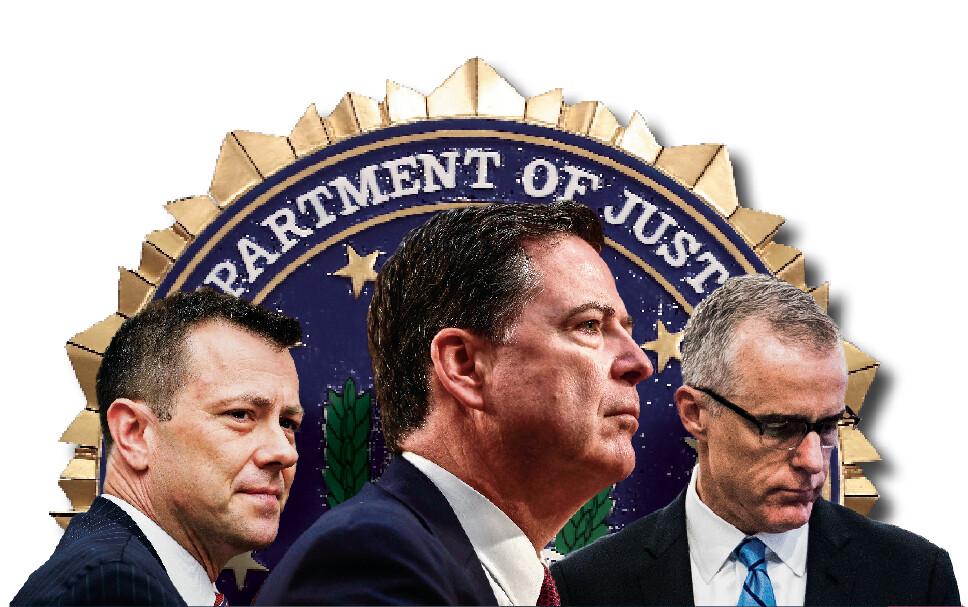
Although McCabe’s instructions were met with objections, the meeting concluded with the formal direction that any further investigative steps would require his direct approval.
Durham noted that this restriction on overt investigative activity essentially remained in place until August 2016. But the effort to shut down any investigation of the Clinton Foundation didn’t end there. A call was placed from a senior FBI official on behalf of Comey in May 2016, directing the FBI’s New York field office to “cease and desist” the foundation investigation because of some undisclosed counterintelligence concern.
The New York field office was never able to determine what the counterintelligence issue raised by Comey was.
All three investigations were ultimately folded into the New York field office, but the U.S. attorney’s offices in the Southern and Eastern Districts of New York both declined to issue subpoenas to the New York field office, despite previously expressing support for the investigation.
The FBI’s stonewalling of any investigation of Clinton, combined with the zeal that the FBI demonstrated in pursuing Trump, proves one thing: The agency wasn’t conducting an investigation; it was conducting an operation.
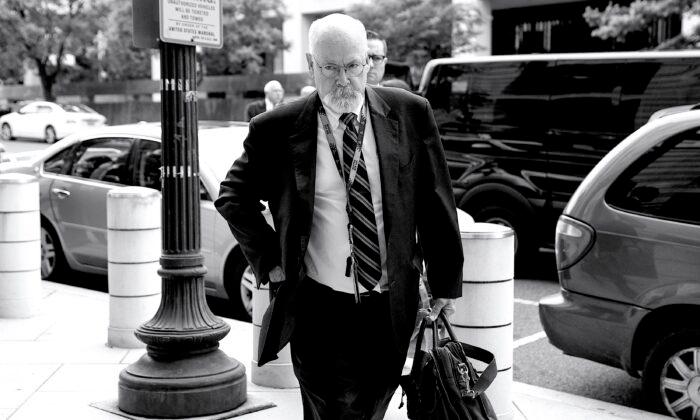

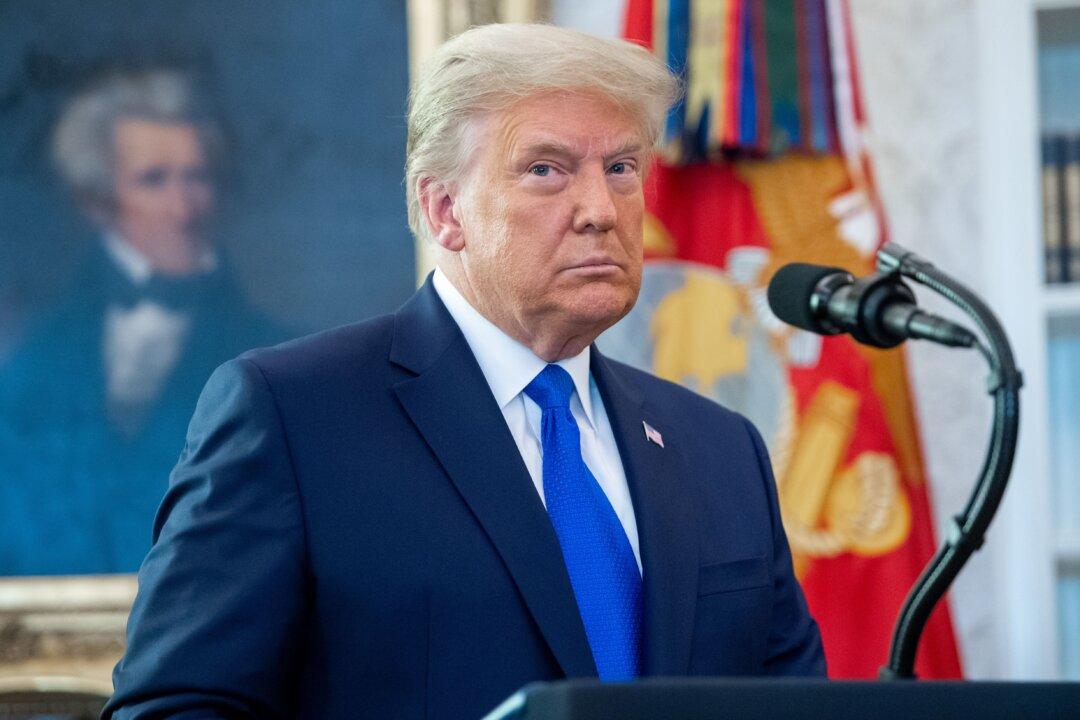
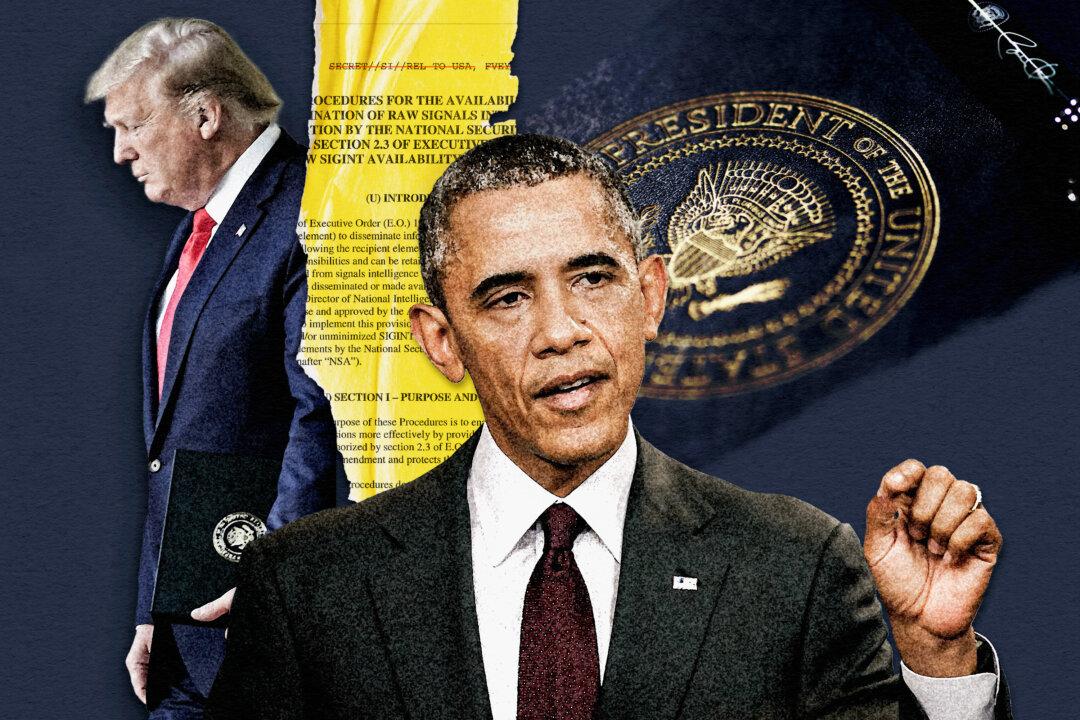

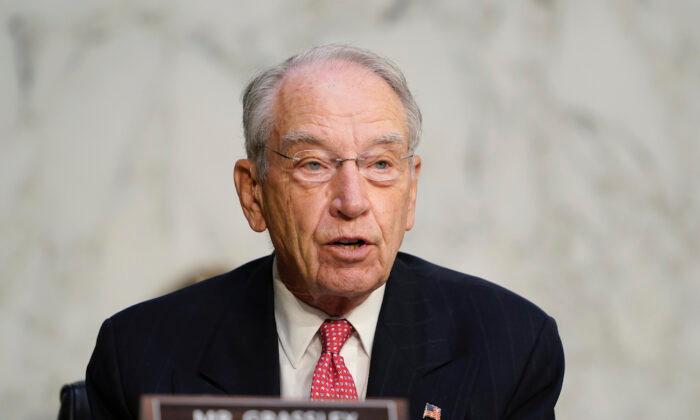
Friends Read Free